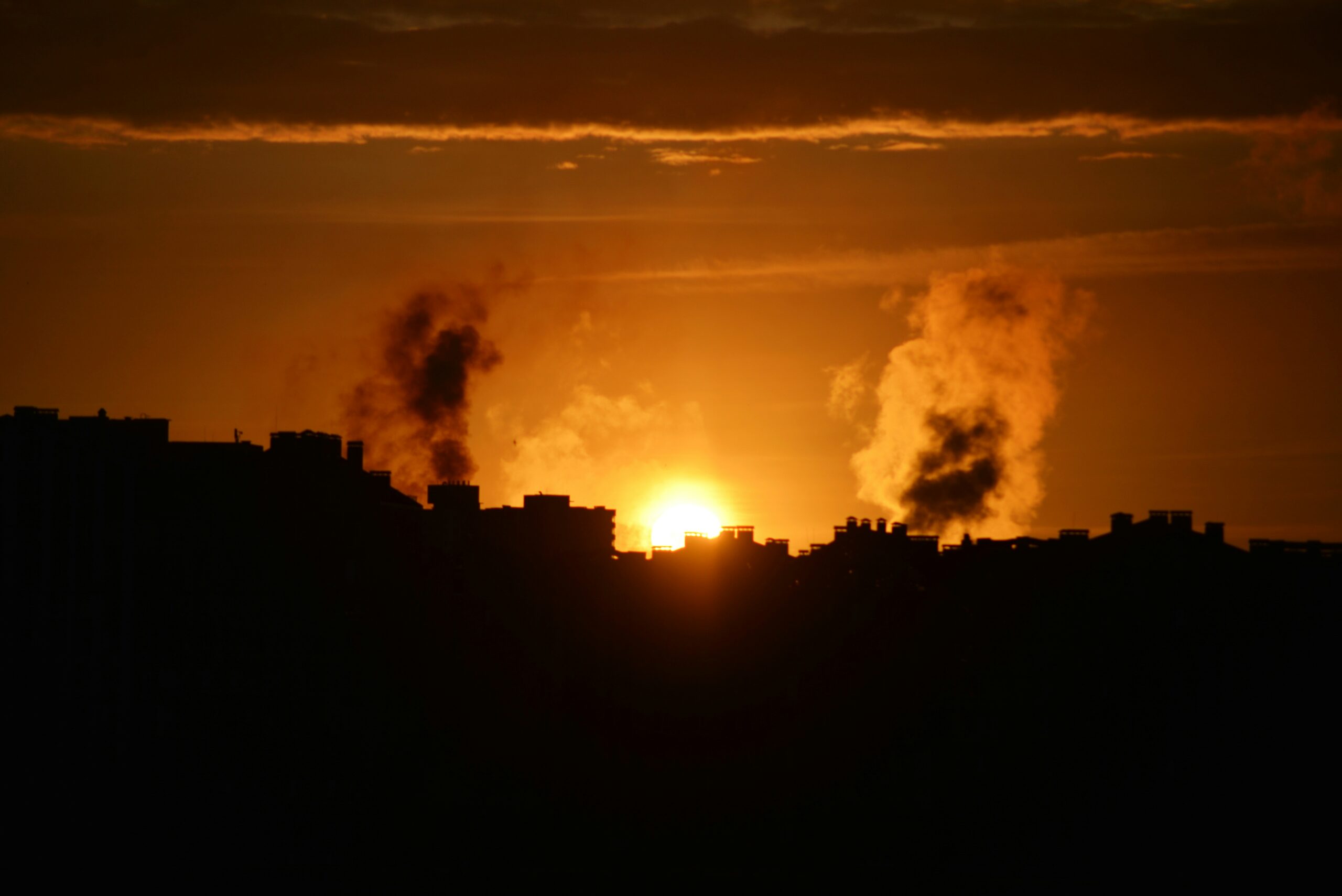
The Israeli military is pressing forward with its operations in Gaza, facing significant opposition from Hamas fighters. This escalation occurs against a backdrop of increasing alarm from international humanitarian organizations regarding the deteriorating conditions for civilians within the conflict zone. The ongoing clashes are exacerbating an already dire situation, raising critical questions about the future of the region and the well-being of its inhabitants.
Key Facts
- Israeli forces are currently engaged in intensified military operations within Gaza.
- Hamas fighters are actively resisting the Israeli advance, leading to fierce clashes.
- International humanitarian organizations are voicing serious concerns about the worsening humanitarian situation in Gaza.
Israeli forces have intensified their military operations in Gaza. The specific objectives of this intensified operation were not detailed in the source. The scale of the operation suggests a significant commitment of resources and personnel.
Hamas fighters are actively resisting the Israeli advance, leading to fierce clashes. The specific tactics employed by Hamas were not described in the source. The intensity of the clashes indicates a determined effort to repel the Israeli forces.
International humanitarian organizations are voicing serious concerns about the worsening humanitarian situation in Gaza. These concerns likely include access to essential supplies such as food, water, and medical care. The specific organizations expressing these concerns were not listed in the source.
Background
The conflict between Israel and Hamas has a long and complex history, marked by periods of intense fighting and uneasy ceasefires. The current escalation is part of this ongoing dynamic, driven by a combination of political, security, and territorial factors. Understanding the historical context is crucial for interpreting the present events and anticipating future developments. For deeper insights into the Israeli-Palestinian conflict, refer to this comprehensive analysis by the Council on Foreign Relations: Council on Foreign Relations.
Hamas, a Palestinian Sunni-Islamist fundamentalist organization, has governed the Gaza Strip since its victory in the 2006 Palestinian elections. Its armed wing has engaged in numerous conflicts with Israel, often involving rocket attacks and cross-border incursions. The group’s ideology and objectives play a significant role in shaping the dynamics of the conflict.
The Gaza Strip is a densely populated territory with limited resources, making it particularly vulnerable to the effects of conflict. The civilian population faces significant challenges in accessing basic necessities and maintaining a normal life. The humanitarian situation has been further aggravated by the ongoing blockade and restrictions on movement.
Timeline / What We Know
The source does not provide a detailed timeline of recent events. However, it indicates that the Israeli military operations are currently intensifying, and that this intensification is occurring against a backdrop of growing humanitarian concerns.
Operational Details: The source did not specify the exact start date of the intensified military operations. The specific areas within Gaza that are most affected were also not identified. The duration of the operation remains unknown.
Resistance Efforts: The source did not provide details regarding the specific strategies or tactics employed by Hamas in resisting the Israeli advance. The level of coordination between different Hamas units was not mentioned. The impact of the resistance on the progress of the Israeli operation remains unclear.
Humanitarian Impact: The source did not quantify the extent of the humanitarian crisis in Gaza. The specific needs of the affected population were not detailed. The ability of humanitarian organizations to access and assist those in need was not discussed.
Official Reactions
The source does not contain specific official reactions from either Israeli or Hamas authorities. The positions of international organizations were also not explicitly stated, although the concerns of humanitarian organizations were noted.
Israeli Perspective: Typically, Israeli officials emphasize the need to protect Israeli citizens from Hamas attacks and to dismantle the group’s infrastructure. The source did not provide any direct quotes or statements from Israeli officials.
Hamas Perspective: Hamas leaders often portray their actions as resistance against Israeli occupation and defense of Palestinian rights. The source did not include any direct quotes or statements from Hamas leaders.
International Community: International reactions to the conflict typically vary, with some countries expressing support for Israel’s right to defend itself, while others emphasize the need for restraint and a peaceful resolution to the conflict. The source did not provide any specific details regarding international reactions.
What’s Next
The immediate future is uncertain, with several possible scenarios depending on the actions of the involved parties and the intervention of external actors.
- Scenario 1: Continued Escalation: The fighting could intensify further, leading to increased casualties and widespread destruction. This scenario could involve the use of more advanced weaponry and tactics, potentially drawing in other actors from the region. The humanitarian situation would likely deteriorate significantly, with a growing number of people displaced and in need of assistance.
- Scenario 2: Ceasefire Agreement: Negotiations could lead to a ceasefire agreement, halting the fighting and providing an opportunity for humanitarian relief efforts to scale up. This scenario would likely involve compromises from both sides, and the terms of the ceasefire could be subject to ongoing disputes. The underlying issues driving the conflict would remain unresolved.
- Scenario 3: International Intervention: International pressure could lead to a more robust intervention, potentially involving peacekeeping forces or diplomatic efforts to mediate a lasting solution. This scenario would require a high level of international cooperation and a willingness from all parties to engage in constructive dialogue. The outcome of such an intervention would depend on the specific circumstances and the commitment of the involved actors.
The source did not provide a specific methodology for how the information was gathered. It is likely based on news reports and information from various sources. The reliability of the information depends on the accuracy and impartiality of the sources used.
For related content, see our previous coverage of the Middle East conflict.


